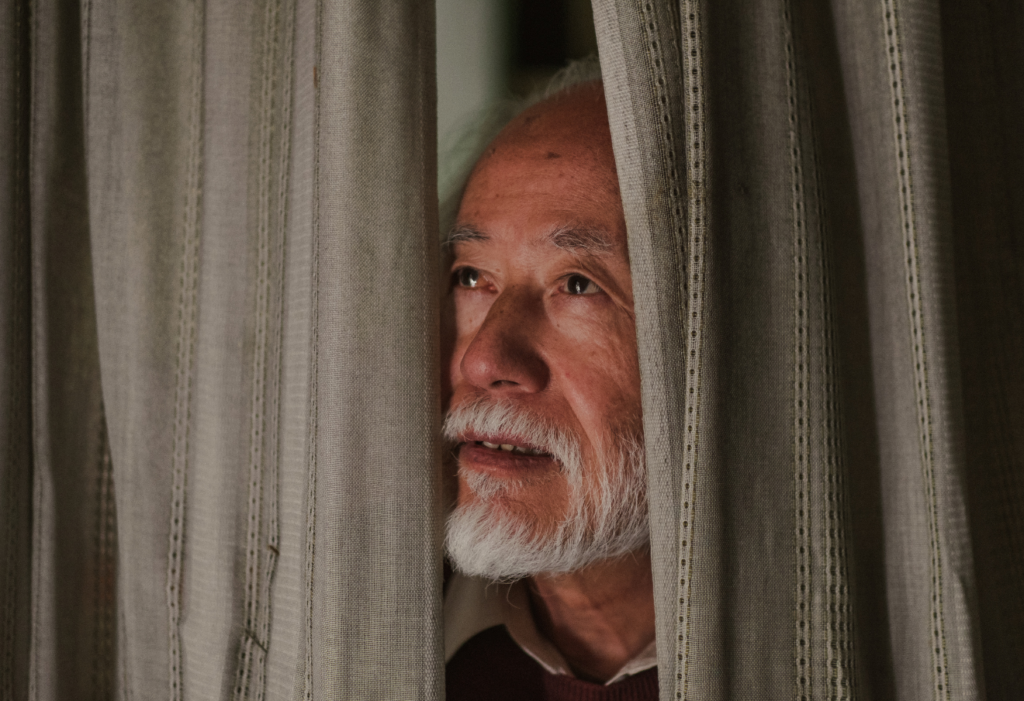
Please make sure to check with your own state board to ensure the transferability of CE credit. Some state boards may place restrictions regarding the modality of training required for ethics credits to be awarded. If this training indicates ethics credits are available, please verify that your state allows them to be earned through an on-demand course format.
3 CREDIT HOURS APPROVED FOR:
Social Workers
ASWB ACE – 3 CE Credits
New York State Education Department’s State Board for Social Work – 3 Contact Hour
Psychologists
APA – 3 CE Credits
Counselors
NBCC ACEP – 3 Contact Hours
New York State Education Department’s State Board for Mental Health Practitioners – 3 Contact Hours
Substance Abuse Counselors
NAADAC – This course is not approved for NAADAC Contact hours.
Nurses
California Board of Registered Nursing – 3 Contact Hours
New York State Education Department’s State Board for Mental Health Practitioners – 3 Contact Hours
Case Managers
CCMC – 3 Contact Hours
Created On: 5/19/25
Target Audience:
This course is targeted for social workers, psychologists, counselors, nurses and case managers.
Overview:
This training on human trafficking is designed for social workers, counselors, case managers, and nurses, equipping them with the knowledge and tools to address human trafficking through a social justice and trauma-informed lens. Participants will explore the prevalence and systemic causes of trafficking, gain insights into engaging survivors with complex trauma, and learn practical strategies for identifying and supporting survivors in healthcare and community settings. The training emphasizes multidisciplinary collaboration to build resilient communities and foster long-term prevention.
Course Objectives:
By the end of the session, the participant will be able to:
- Explain the prevalence, types, and systemic causes of human trafficking and its intersection with social justice.
- Analyze the impact of complex trauma on trafficking survivors and its implications for engagement and care.
- Apply trauma-informed strategies and practical tools for building trust and fostering empowerment with survivors.
- Evaluate the role of healthcare professionals in identifying and supporting trafficking survivors, including intervention protocols and barriers to care.
- Develop actionable strategies for multidisciplinary collaboration to prevent trafficking and build resilient communities.
Presenters:
Evelyn Chumbow, Advocacy & Survivor Leadership Director with The Human Trafficking Legal Center
Evelyn Chumbow is a survivor of child labor trafficking turned anti-trafficking activist and public speaker who focuses her life’s work on ending modern-day slavery. Chumbow was brought to the United States from Cameroon at age 9 and forced to cook, clean, and care for her trafficker’s children. She was never paid for her work, and any hope that she might escape was undermined by the constant beatings she received from her trafficker. After years of captivity, she finally escaped and her trafficker was sentenced to 17 years in prison.
Today, Chumbow works tirelessly to raise awareness and advocate for other survivors in the U.S. and abroad. She has been invited to brief several government agencies about human trafficking from a survivor’s perspective, including the Department of Homeland Security, the FBI, the State Department, and the Department of Justice. Chumbow was appointed by President Obama to serve on the U.S. Advisory Council on Human Trafficking. She strongly believes in the need for professional development for survivors and dedicates her time volunteering at the grassroots level to guide communities on how to create employment opportunities for trafficking survivors. Chumbow was also the inspiration behind the Harriet Tubman Fellowship program. To learn more about this program please visit https://htlegalcenter.org/our-work/harriet-tubman-fellowship/
Wendy Barnes, Author, Educator, and Personal Survivor
In January 2018, Dignity Health welcomed Wendy Barnes, a survivor of child sexual abuse, sex trafficking, and intimate partner violence as Human Trafficking Response Program Coordinator. Wendy is a national speaker, using her own experiences to educate and empower audiences in the fight against exploitation. Her story illustrates how abuse can make a young person vulnerable and serves as an example that freedom and restoration are possible.
Wendy has an associate’s degree in general studies and has written a memoir, And Life Continues: Sex Trafficking and My Journey to Freedom. Wendy also co-authored a chapter in Human Trafficking Is a Public Health Issue: A Paradigm Expansion in the United States (Springer, 2017). Wendy’s has appeared on talk shows such as Dr. Phil and her story has been featured in news features and documentaries including Flesh: Bought and Sold in the U.S.
Wendy has consulted for numerous organizations, including Homeland Security’s Blue Campaign; Via Christi Health, part of Ascension; Not For Sale; and ImPact Virginia. Wendy has also provided education to law enforcement officers and students at numerous universities, including Vanguard University and St. Mary’s College of California. Wendy is a member of the National Survivor Network and the International Survivor Alliance.
Zoe Christine Bellatorre, MAICS
Zoe Christine Bellatorre is a graduate of Fuller Theological Seminary with a Master of Arts in Intercultural Studies with Children at Risk and a Bachelor of Science in Education from Ashland University. She has 10 years of experience in the anti-trafficking field. Furthermore, she is a consultant with NHTTAC and the State Department Trafficking in Persons office. She has also served as the services coordinator with the Avery Center and as a survivor advocate with CAST LA and Dignity Health, responding to survivors of human trafficking in the healthcare system and providing emergency services and advocacy to patients. Zoe is a subject matter expert with specific expertise in familial trafficking. In addition, she serves on the board of Ride My Road and the advisory council of the Resilience Fund with Polaris Project. Highlights include being a published author on the Trafficking in Persons (TIP) report in 2021 (Navigating the Unique Challenges In Familial Trafficking); in the 2023 TIP report (Equity In Survivor Leadership); and in 2024, co-author of Child Trafficking Misconceptions and the Impact of Trauma. Furthermore, she is one of the co-authors of an anthology, “Medical Perspectives in Human Trafficking In Adolescents.” Zoe has trained numerous professionals including healthcare systems and spoken at conferences such as the National Conference on Ending Sexual Exploitation, GRIT, Crimes Against Women, JUST, Build Beyond, and other similar presentations.




















